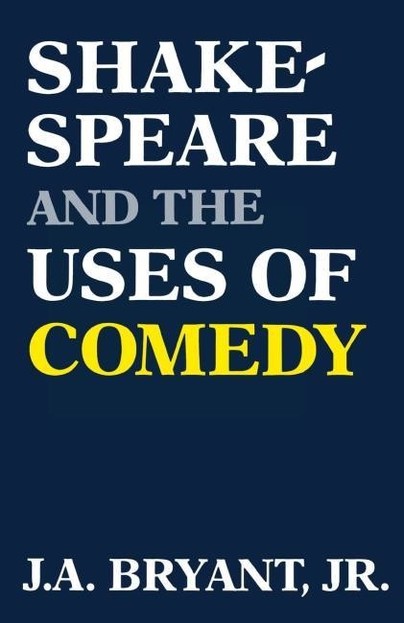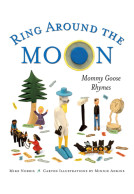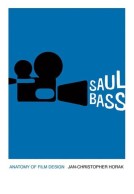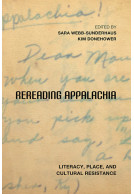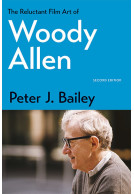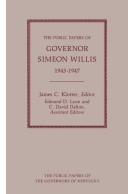Shakespeare and the Uses of Comedy (Paperback)
Imprint: University Press of Kentucky
Pages: 280
ISBN: 9780813156323
Published: 15th July 2014
Script Academic & Professional
Pages: 280
ISBN: 9780813156323
Published: 15th July 2014
Script Academic & Professional
Please note this book may be printed for your order so despatch times may be slightly longer than usual.
You'll be £23.00 closer to your next £10.00 credit when you purchase Shakespeare and the Uses of Comedy. What's this?
+£4.99 UK Delivery or free UK delivery if order is over £40
(click here for international delivery rates)
Need a currency converter? Check XE.com for live rates
(click here for international delivery rates)
Need a currency converter? Check XE.com for live rates
In Shakespeare's hand the comic mode became an instrument for exploring the broad territory of the human situation, including much that had normally been reserved for tragedy. Once the reader recognizes that justification for such an assumption is presented repeatedly in the earlier comedies -- from The Comedy of Errors to Twelfth Night -- he has less difficulty in dispensing with the currently fashionable classifications of the later comedies as problem plays and romances or tragicomedies and thus in seeing them all as manifestations of a single impulse.
Bryant shows how Shakespeare, early and late, dutifully concerned himself with the production of laughter, the presentation of young people in love, and the exploitation of theatrical conventions that might provide a guaranteed response. Yet these matters were incidental to his main business in writing comedy: to examine the implications of an action in which human involvement in the process of living provides the kind of enlightenment that leads to renewal and the continuity of life.
With rare foresight, Shakespeare presented a world in which women were as capable of enlightenment as the men who wooed them, and Bryant shows how the female characters frequently preceded their mates in perceiving the way of the world. In most of his comedies Shakespeare also managed to suggest the role of death in life's process; and in some -- even in plays as diverse as A Midsummer Night's Dream, As You Like It, and The Tempest -- he gave hints of a larger process, one without beginning or end, that may well comprehend all our visions -- of comedy, tragedy, and history -- in a single movement.
Other titles in University Press of Kentucky...







